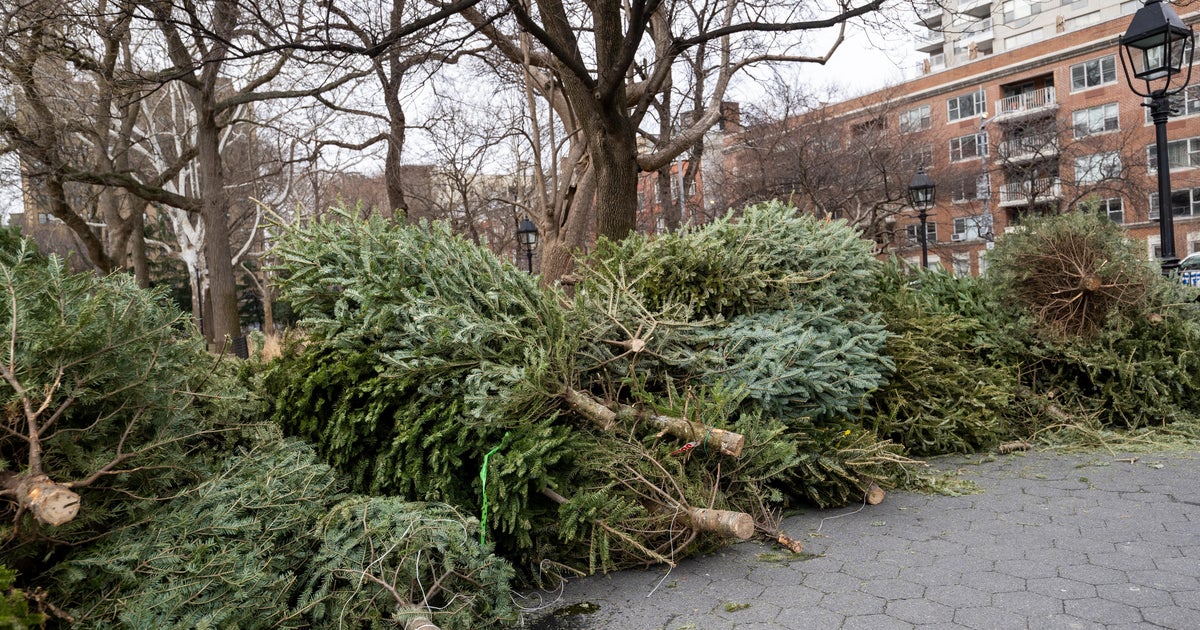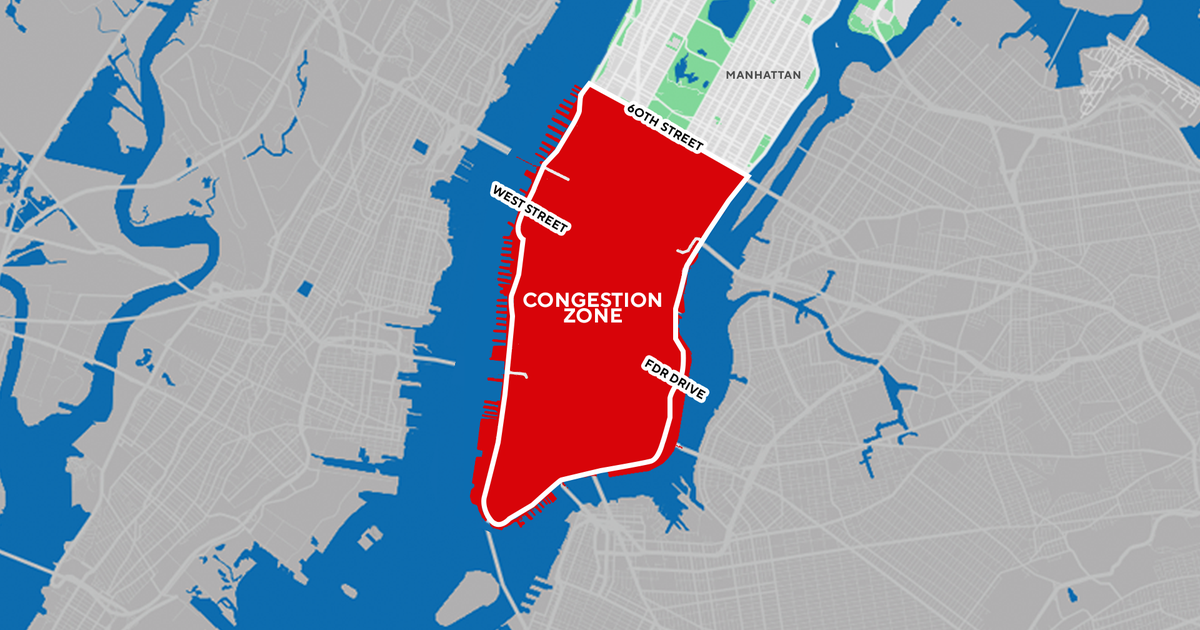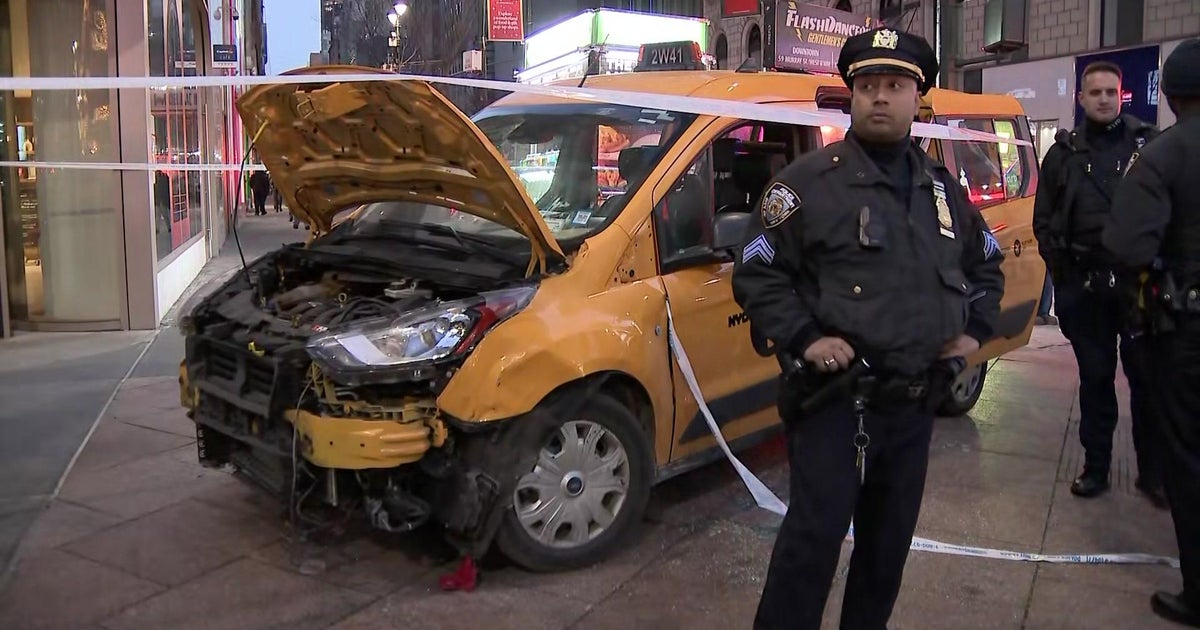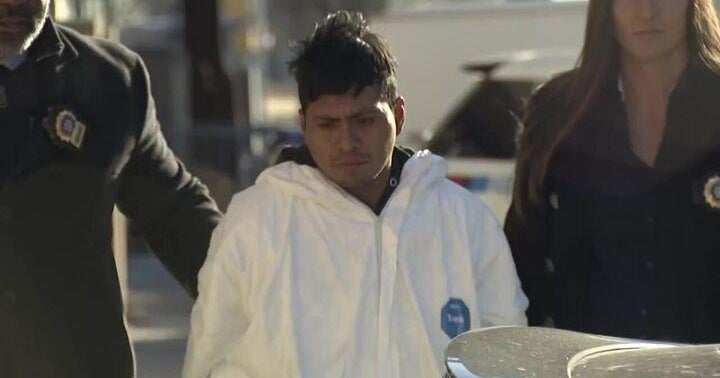New York City Council bill would ban use of solitary confinement in city jails
NEW YORK -- There were some tense moments at City Hall Wednesday.
There were dueling rallies ahead of an effort to ban solitary confinement at city jails.
As CBS2's Kevin Rincon reports, as the City Council prepared to debate a bill that would end solitary confinement, both sides gathered on the steps of City Hall to make their points.
"What do we do with the inmates that continue to cut, stab, slash, sexually assault and brutally assault our officers and other inmates? Nobody's been able to answer that question," said Benny Boscio of the Correction Officers' Benevolent Association.
"That question is lazy, it's irresponsibility, it's negligent and it is deadly, and it diverts responsibility from a system that is designed to kill," said Councilmember Tiffany Caban.
On one side, there's the correction officers union. They claim attacks on its members are up, which has led to 3,500 retirements since 2019 and 600 since January.
Several female officers shared their experiences, arguing solitary helps keep them and other inmates protected from the worst of the worst.
"I didn't come to work, and I don't think any of us came to work to be assaulted or touched or harassed or anything," said another.
The emotion shared by these officers mirrored the grief felt by family members who lost their loved ones at Rikers.
"They want to hold up pictures, but I'm holding up the picture of my son who they killed through solitary confinement," said Tamara Carter, whose son died at Rikers.
So far this year, 16 inmates have died at Rikers.
Public Advocate Jumaane Williams tried to talk to correction officers, but that also turned contentious. He says the legislation doesn't prevent those officers from separating inmates.
"All that it is saying is that you can't lock people in a cell for 20, 23, 24 hours a day for a prolonged time period because that is defined as torture, and that causes harm that can't be reversed," Williams said.
The council hearing, which lasted well over five hours, is the only public hearing on this legislation, and there's still no timeline for a vote on the bill.




